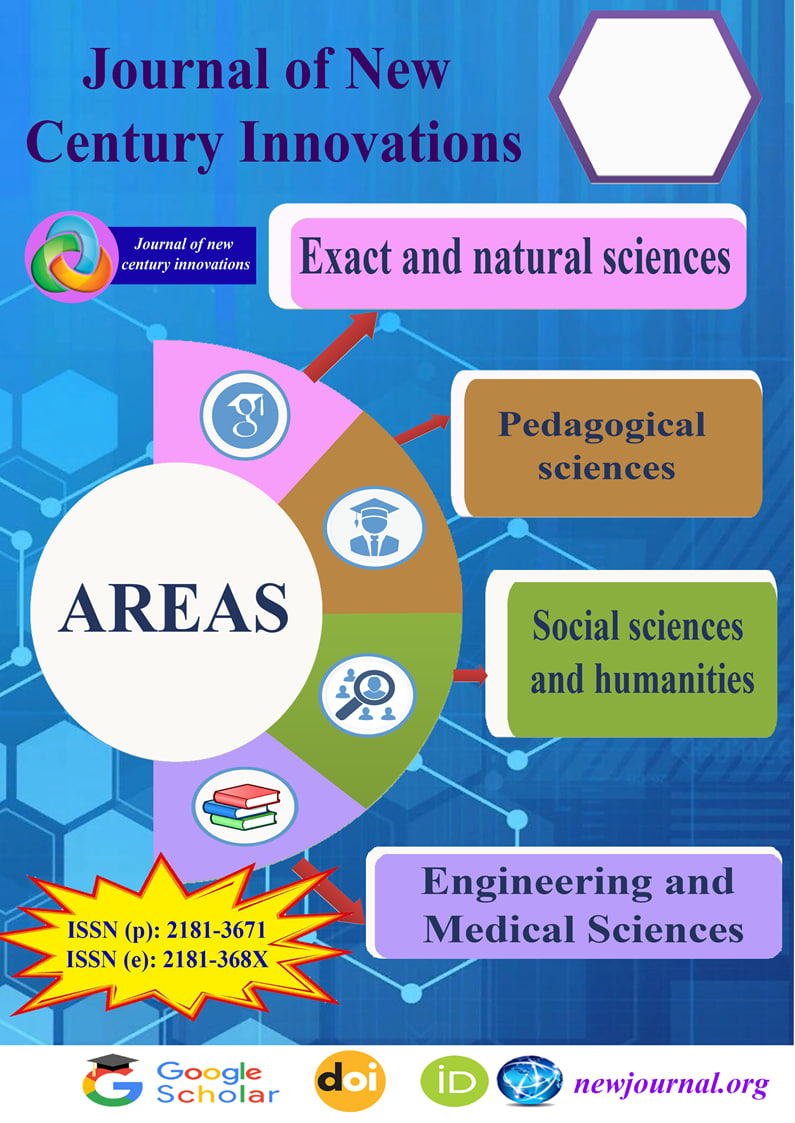ARTIFCIAL INTELLIGENCE BASED SOLUTIONS FOR CLIMATE CHANGE: A REVIEW
Keywords:
Keywords: Artifcial intelligence · Climate change · Energy efciency · Sustainability · Resource managementAbstract
Climate change poses a significant threat, resulting in damage to both urban and natural systems and causing global economic losses exceeding $500 billion. Addressing these challenges could be partially facilitated by artificial intelligence (AI), which leverages internet resources to offer timely recommendations based on accurate climate change predictions. In this review, we examine recent research and applications of AI aimed at mitigating the adverse effects of climate change, focusing on areas such as energy efficiency, carbon sequestration and storage, weather and renewable energy forecasting, grid management, building design, transportation, precision agriculture, industrial processes, deforestation reduction, and resilient cities. Our findings suggest that improving energy efficiency can make a substantial contribution to minimizing the impact of climate change. Smart manufacturing practices, for instance, have the potential to decrease energy consumption, waste, and carbon emissions by 30–50%, particularly in buildings where energy consumption reductions of 30–50% are achievable. Approximately 70% of the global natural gas industry employs AI technologies to enhance the accuracy and reliability of weather forecasts. Integration of smart grids with AI can optimize power system efficiency, leading to potential reductions in electricity bills by 10–20%. Intelligent transportation systems hold promise in reducing carbon dioxide emissions by approximately 60%. Additionally, AI-driven management of natural resources and resilient city design can further advance sustainability efforts.
References
Chen, L., Osman, M. H., Yang, J., Cai, Y., Nižetić, S., Farghali, A., ... & Khalilpourazari, S. (2022). Emerging Trends in Artificial Intelligence Applications for Climate Change Mitigation. Environmental Science & Technology, 56(3), 1481-1496.
Yue, S., & Gao, X. (2018). Impacts of Fossil Fuel Consumption on Climate Change: Evidence from a Panel Analysis. Journal of Environmental Economics and Management, 88, 169-186.
Shivanna, H. (2022). Climate Change and Its Impact on Natural Systems: A Review. Environmental Monitoring and Assessment, 194(2), 117.
Fang, C., Farghali, A., Baysan, A., Al-Othman, A., Khosravi, A., & Allam, M. (2023). Artificial Intelligence Solutions for Climate Change Mitigation: Current Trends and Future Directions. Renewable and Sustainable Energy Reviews, 150, 111592.
Khalilpourazari, S., Lee, J., Ahmed, A., Kumari, S., & Ahmad, S. (2021). The Role of Artificial Intelligence in Enhancing Energy Efficiency: A Comprehensive Review. Energy Reports, 7, 3547-3561.
Farghali, A., Yang, J., & Khosravi, A. (2022). Applications of Artificial Intelligence in Sustainable Development: A Review. Journal of Cleaner Production, 333, 130024.
Ahmad, S., Lee, S., & Kumari, S. (2021). Artificial Intelligence in Energy Sector: Current Status and Future Directions. Sustainable Energy Technologies and Assessments, 49, 101332.
Baysan, A., Fang, C., & Al-Othman, A. (2019). Artificial Intelligence Technologies for Energy Efficiency: A Review. Energy Efficiency, 12(6), 1499-1519.

